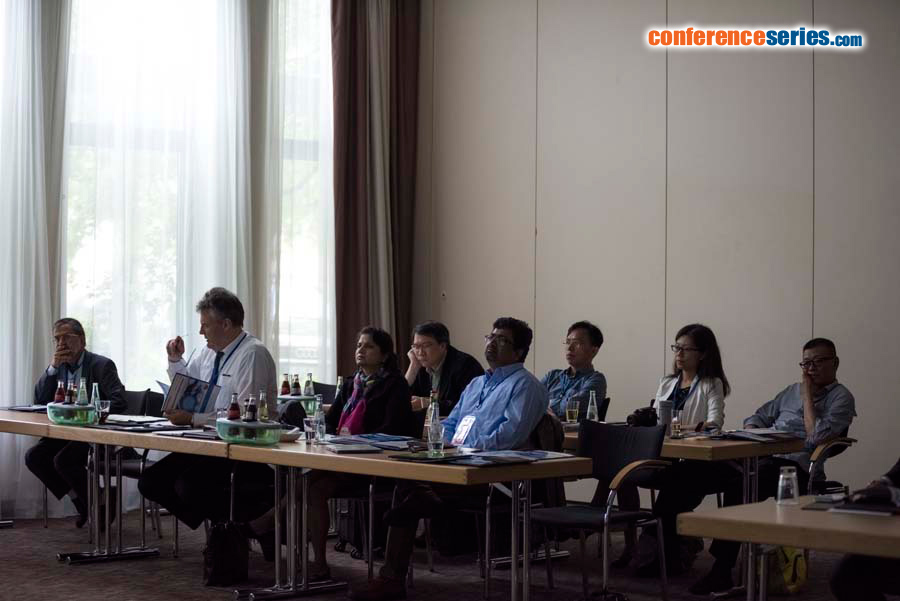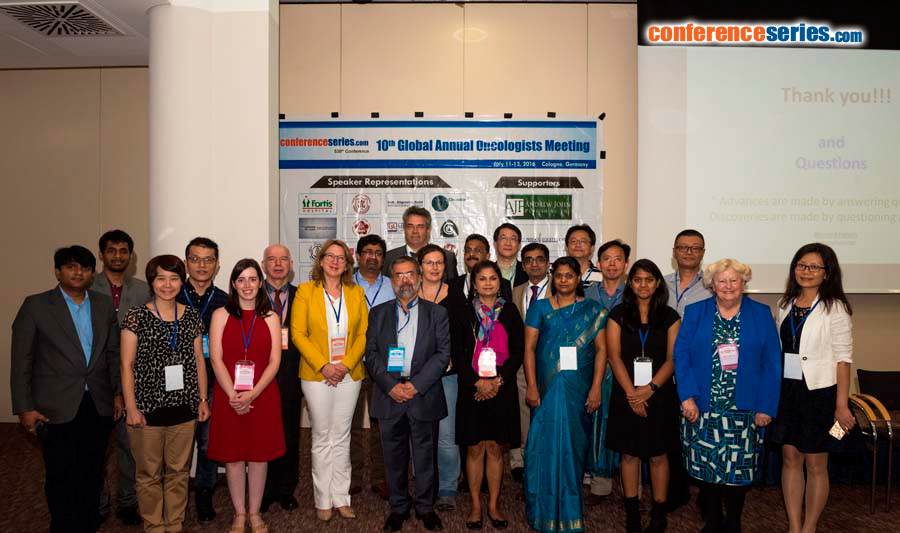
Hirendra Nath Banerjee
Elizabeth City State University, USA
Title: The role of tumor-associated macrophages (tams) and micro rna 146 alpha in cancer survival and efferocytosis in the tumor microenvironment
Biography
Biography: Hirendra Nath Banerjee
Abstract
In this study, the role of the tumour microenvironment on cancer cell survival was analysed. The ability of cancer cells to inhibit nitric oxide production in macrophages and the increased drug resistance capabilities of the cancer cells in the presence of macrophages in the tumour microenvironment was explored. These recruited macrophages, also known as tumour-associated macrophages, appear to give the cancer cells drug resistance which can lead to failure in chemotherapy. The hypotheses were tested using Griess reagent systems to measure nitric oxide and trypan blue cell viability assays. The results showed a decrease in cancer cell death in the presence of macrophages when exposed to an anti-cancer drug cisplatin. Nitric oxide levels produced by cancer cells appeared lower when cultured with macrophages. MicroRNA-146a suppresses prostate cancer transformation from androgen-dependent to -independent cells, suppresses a kinase coding gene which reduces cell proliferation, invasion, and metastasis to human bone marrow endothelial cell monolayers, and is dysregulated by latent membrane protein 1 (LMP1) which contributes substantially to the oncogenic potential of Epstein-Barr virus. It is projected that microRNA-146a and other microRNAs may one day become biomarkers for clinical diagnosis and prognosis of several types of cancer including prostate. The miR-146a expression profile was investigated using novel African American and Caucasian prostate cell lines representing each pathological stage: benign, androgen dependent and independent tumours. Relative miRNA expression was determined by qRT-PCR, miRNA plate assay and smart flare technology after isolating total RNA from the cells and the exosomes from the tumour microenvironment. Our initial findings shows that this micro RNA is up regulated in several cancer cell lines there by reducing NO production in them and the neighbouring Macrophages(by exosome delivery) and thereby giving these cancer cells survival advantage. ACKNOWLEDGEMENT: This research is supported by a grant from the Borroughs Wellcome Fund,NSF-LSAMP,NIH-MARC and a Disability Supplement from NIH-NCI.



